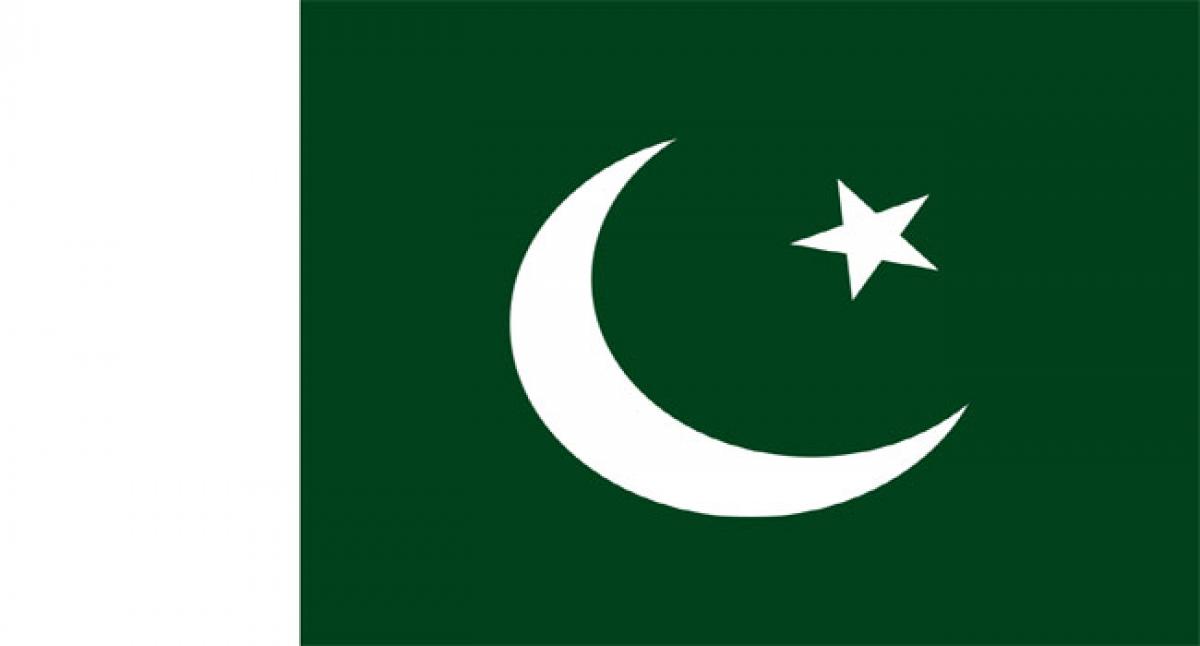Meet feisty, fearless woman from Pakistan

Meet Tanya, the protagonist of a new quickread from Pakistan, who has got a pretty good life, working for a Karachi newspaper and smokingdrinkingflirting her way through minor romantic escapades
Meet Tanya, the protagonist of a new quick-read from Pakistan, who has “got a pretty good life, working for a Karachi newspaper and smoking-drinking-flirting her way through minor romantic escapades”.
The author, Taha Kehar, says that her character is his attempt to cultivate a narrative about what it means to be a woman in Karachi. But are there really many “politically opinionated, liberal, urban women that are both feisty and fearless”, as Tanya is, in Pakistan today?
Kehar, the author of ‘Typically Tanya’, said that it wasn’t entirely necessary for women in Pakistan (or anywhere else in the world for that matter) to be ‘liberal’ or ‘urban’ in order to have ‘bold political opinions or take on a fearless, feisty approach to life’.
“Although Pakistan is an inherently patriarchal society where women are subjected to restrictions and excessive surveillance, no measure of constraints can stop them from thinking, dreaming and forging their way in the world.
Women in Pakistan have entered the public domain and are reclaiming it by negotiating gender confrontations and challenging archaic norms,” Kehar said, describing his frame of mind as he shaped Tanya's character.
He shared that Tanya may epitomise the struggle of Pakistani women, but she belongs to “a privileged segment of Karachi's elite” that “can operate within a bubble and turn a blind eye to the ground realities”.
Kehar, himself a journalist, said that he wanted to break away from Western ideas of Karachi as ‘a battle-hardened, conflict-riddled city’ and understand it from the perspective of its citizens.
He also admitted that the male gaze could claw its way into the narrative and possibly even shrink the space for the female perspective. “The primary challenge was to elbow away all male-centric notions to prevent them from distorting Tanya's perspective,” he said, adding that he discussed his protagonist's traits with some of his female friends, who spent their days cooped up in newsrooms like Tanya does in the novel.
The author, published in both Indian and Pakistani media, said that Indian readers might enjoy Tanya's humour, her friendship with Inder, an Indian journalist who is reporting from Pakistan. The book might also interest some readers who enjoy political polemics.














